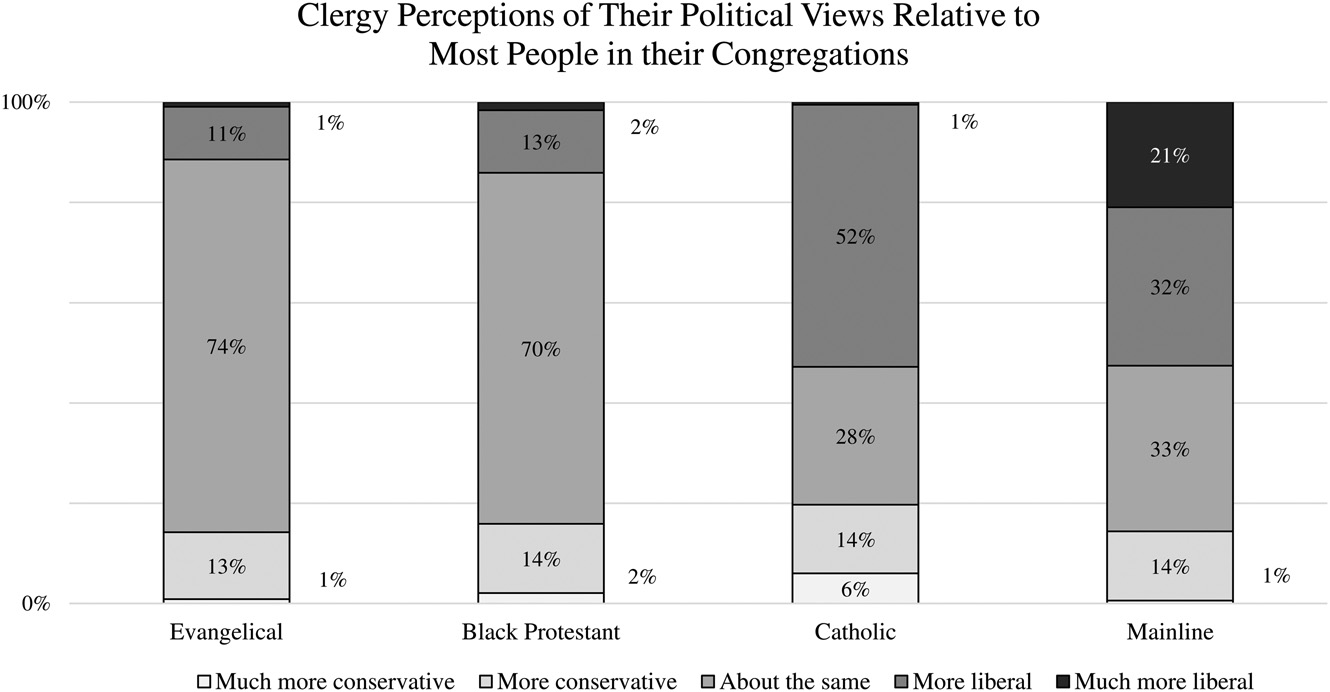(RNS) — Over the past two years, a group of influential evangelical leaders broke away from their churches or denominations, mostly over their congregations’ solid support for former President Donald Trump and, more generally, conservative politics and messaging.
The moves, by such people as theologian Russell Moore and Bible study teacher Beth Moore, most prominently, but others as well, suggested deepening cracks between established evangelical leaders and ordinary believers.
But a new study published in the latest issue of Politics and Religion, a quarterly journal, shows there’s no evidence that white evangelical clergy are less conservative politically than their congregations. In fact, the survey found, white evangelical clergy are as conservative, if not more so, as the people in their pews.
RELATED: Poll: A Third of Americans Are Christian Nationalists and Most Are White Evangelicals
The study, by Duke University sociologist Mark Chaves and postdoctoral research associate Joseph Roso, finds that 74% of white evangelicals reported that their political views were about the same as most people in their congregations. (Only 12% of white evangelical clergy said they were more liberal than their congregants, and 13% said they were more conservative.)
“It really counters this idea that there are a lot of evangelical clergy who are more liberal than their people,” said Chaves.
“Clergy Perceptions of Their Political Views Relative to Most People in their Congregations” Graphic via Cambridge University Press
(The only other group where clergy and congregants neatly align is Black Protestants; 70% of Black clergy said they hold the same views as their congregants. But unlike white evangelicals, Black clergy and churchgoers are far more liberal and tend to vote for Democrats.)
Consistent with decades of past data, the new study also shows a deep political gap between the views of clergy in more liberal Protestant denominations as well as the views of Catholic priests and their parishioners.
More than half (53%) of mainline Protestant clergy say they are more liberal or much more liberal than their congregants. Among Catholic priests, 52% said they were more liberal than their parishioners.
The study relies on data from the National Survey of Religious Leaders conducted in 2018-2019, and the 2018 General Social Survey. The survey included responses from leaders across many religious traditions, but the study focused on a sample of 846 Christian clergy arranged in four different groups: Evangelicals, Black Protestants, mainline Protestants and Catholics.


